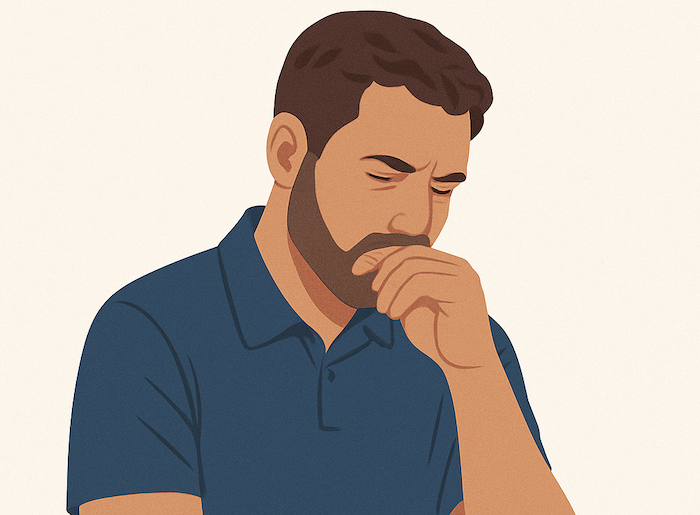- Fertility Resources and Provider Directory
- info@fertilitywarriors.com

Fertility and the LGBTQ Community
May 18, 2023
Lauren’s IVF Journey
May 18, 2023Infertility, like everything else in the world excludes the Black/Brown experience. It is not a topic of discussion in our community. Most Black/Brown homes have a saying, “what goes on in this house, stays in this house.” Or something similar to that. We have these sayings because for so long Black/Brown people were taught to internalize everything. We are to deal with our own problems because there was no one that we can turn to and trust. This still holds up in most cases to this very day. So, we don’t normally seek help especially when we need it. There are numerous amounts of myths around Black/Brown people and their fertility. The most common is that Black and Latina women are hyper-fertile so they can’t suffer from infertility. When in actuality Black and Latina women are three times likely to suffer from infertility compared to White Women. Black/ Brown women are the lost voices of infertility and me as an Afro-Latina need and want to see that change. Our voices and experiences need to be heard. Infertility doesn’t discriminate.
Growing up as a young Afro-Latina girl from Brooklyn, New York I have never heard of the term “infertility.” To be honest I didn’t even know what a period was or its importance until I was in my late twenties. No one told me nothing. I mean as a kid in elementary school I can recall times when bullies would call kids “test tube babies” but on a larger scale I had no clue what that even meant. In my neighborhood and school districts, we didn’t have sex education class not once. As a community of Black/Brown kids we had to figure things out by way of the neighborhood or television. There were no school educators or parents that spoke to us about our bodies. Majority of Black/Brown homes are single family or immigrants, so I guess in retrospect there was never any time.
In my story I had a single Black mom living in the projects with her three Black daughters. She didn’t understand the importance of having the “womanly” conversation with her children. When I got my menstruation at the age of twelve, I thought I was dying. How silly right?! However, it wasn’t silly at the time because I didn’t understand what was happening to me. No one was teaching me anything about my body. I ran to my mom crying and screaming out “Mommy I’m dying, I’m dying” and all she did was throw a maxi pad at me and told me to go put it on. Baffled as I was at twelve, I put it on to the best of my ability and just like that reproduction conversation was over. Due to the fact I had no conversation with school or my mom I didn’t know I was supposed to bleed every month; I didn’t see my period again for couple months. Then it skipped to once a year when I reached my teen years and has been that way ever since.
At the age of twenty-two I was diagnosed with Polycystic Ovarian Syndrome and again I found myself not being educated on something important. Polycystic Ovarian Syndrome or PCOS is a hormonal disorder that affects all hormones in the female body. 1 in 10 women of childbearing age are diagnosed with PCOS. There is no cure or proper treatment to help with it. After I was diagnosed, I was given birth control and told to let them know when I wanted to have children. THAT WAS IT!!!! Not even medically trained professionals deemed it important to educate me about something effecting my body, just some pills to make me gain weight and that was it. I mean can I be to blame for not prying further? Maybe but, I was twenty-two and I wasn’t even thinking about children. Black/Brown people are to just always figure things out on their own while our white counterparts are just provided with information. This has been my experience. I went through my early twenties without knowing the full extent of my infertility and how detrimental PCOS really has been to my body. Over the last six years, PCOS has ruined my skin, my body, my mental and emotional health and the way my body processes food. Not one doctor told me this was going to be my future. I had to go through the symptoms and research myself and I kind of found out when it was too late in my opinion.
Now that I am thirty years old and going through IVF treatments, I still have to fight to get the education. My current Reproductive Endocrinologist (fertility doctor) ignores my when I say I have pain, and his nurses don’t really explain anything thoroughly to me. When I did my Second IUI procedure they put me on this medication called Endometrin, and it messed up my body so bad to the point I almost crashed my car. Endometrin is a progesterone supplement needed to help support IUI and IVF procedures. So, I called and called, and no one got back to me until the next day. I was told “it’s not the medicine because it doesn’t do that…you must have kidney issues.” I felt unheard and uncared for at the time. My doctor asked my pain level and I said it was a 10 and he told me if it was a 10, I would have been in the hospital. He made me feel like I had to change my level (which I did) because he was invalidating my pain. I sit and wonder about that situation over and over because it’s like if I was white would I have been heard and cared for better?
Black and Brown people are always made out to feel like we are exaggerating our conditions and the pain/symptoms that follow. I have witnessed it firsthand and from stories from others. The medical field is biased towards and we are not seen as people just numbers. This is why women of color are likely to die 3x the rate of a White or Asian woman when given birth in a hospital. To be quite honest when I do finally get pregnant, I don’t feel safe having my baby in a hospital at all and I am opting out unless there is a life and death situation. Black and Brown women have to be their own advocate because if not ourselves then who is going to protect us?!
Download Article




